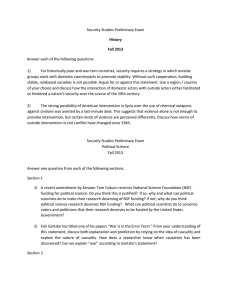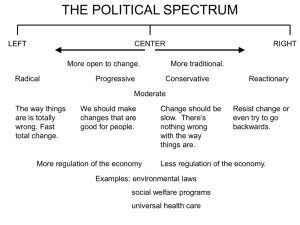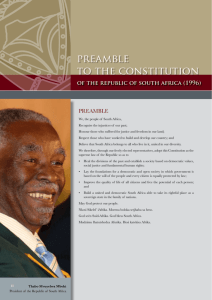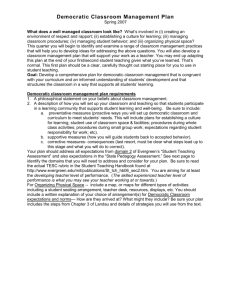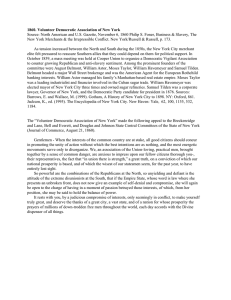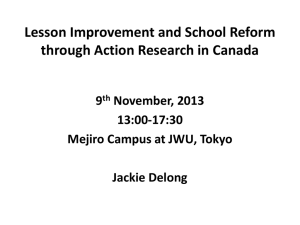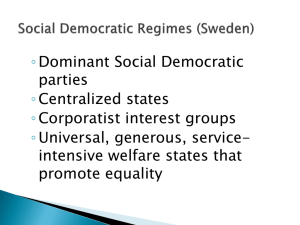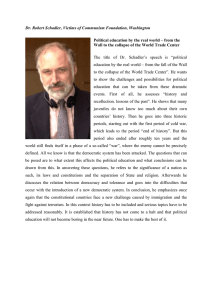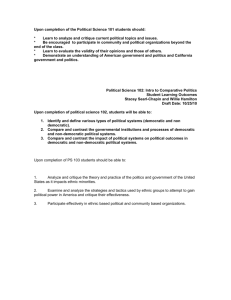Microsoft Word - Fall 2013 History Comp Exam
advertisement
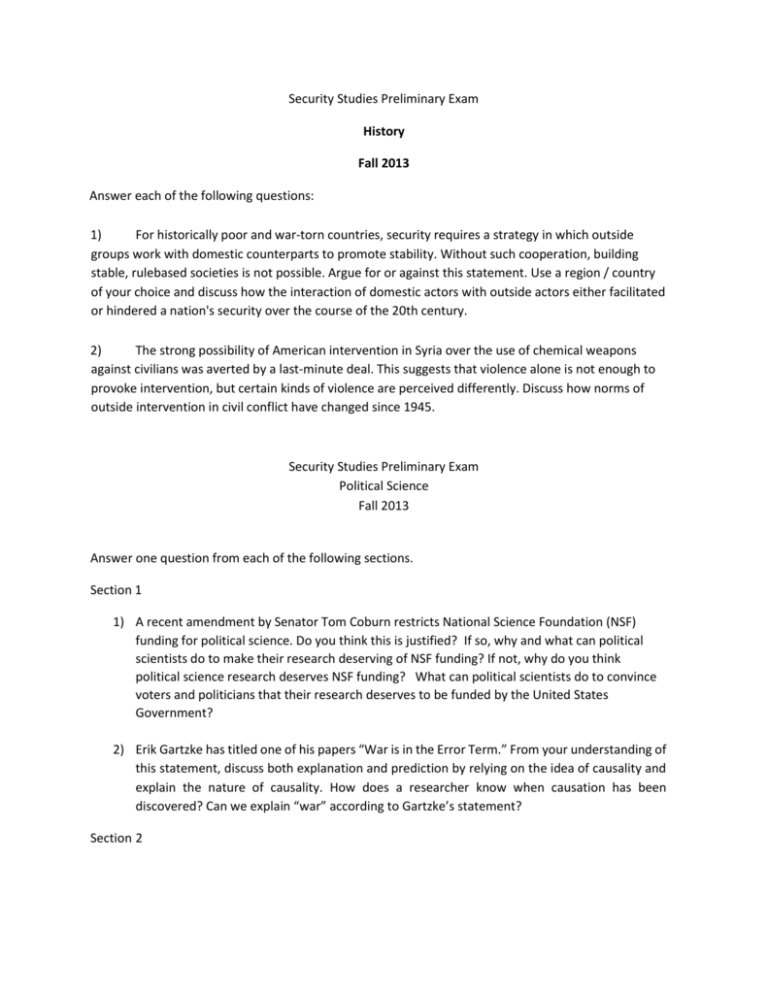
Security Studies Preliminary Exam History Fall 2013 Answer each of the following questions: 1) For historically poor and war‐torn countries, security requires a strategy in which outside groups work with domestic counterparts to promote stability. Without such cooperation, building stable, rulebased societies is not possible. Argue for or against this statement. Use a region / country of your choice and discuss how the interaction of domestic actors with outside actors either facilitated or hindered a nation's security over the course of the 20th century. 2) The strong possibility of American intervention in Syria over the use of chemical weapons against civilians was averted by a last‐minute deal. This suggests that violence alone is not enough to provoke intervention, but certain kinds of violence are perceived differently. Discuss how norms of outside intervention in civil conflict have changed since 1945. Security Studies Preliminary Exam Political Science Fall 2013 Answer one question from each of the following sections. Section 1 1) A recent amendment by Senator Tom Coburn restricts National Science Foundation (NSF) funding for political science. Do you think this is justified? If so, why and what can political scientists do to make their research deserving of NSF funding? If not, why do you think political science research deserves NSF funding? What can political scientists do to convince voters and politicians that their research deserves to be funded by the United States Government? 2) Erik Gartzke has titled one of his papers “War is in the Error Term.” From your understanding of this statement, discuss both explanation and prediction by relying on the idea of causality and explain the nature of causality. How does a researcher know when causation has been discovered? Can we explain “war” according to Gartzke’s statement? Section 2 1) Early research on the democratic peace led many to believe that the negative relationship between joint democracy and interstate conflict “comes as close as anything we have to an empirical law in international relations” (Levy 1988). However, a number of recent studies have challenged the democratic peace. What is your assessment of the theoretical foundations and empirical evidence for the democratic peace? Do you think any of these recent studies call into question the democratic peace? What types of policy recommendations would you make based on democratic peace research, if any? 2) The genesis of international relations research on the relationship between domestic politics and international conflict can be found in the sociological literature on in--groups and out-groups. Research demonstrates that individuals within an in--group tend to become more cohesive and supportive of their leader when facing threats from out--groups. Thus, the notion that leaders attempt to divert public attention from domestic policy failures has practically become conventional wisdom; leaders may be tempted to “wag the dog” by pursuing policies aimed at refocusing public concern over domestic troubles on a pressing or even a contrived foreign issue. Discuss the literature on this relationship between domestic politics and international conflict. Does it pay for leaders to divert attention from domestic problems to any contrived foreign issue by using military force short of war?
